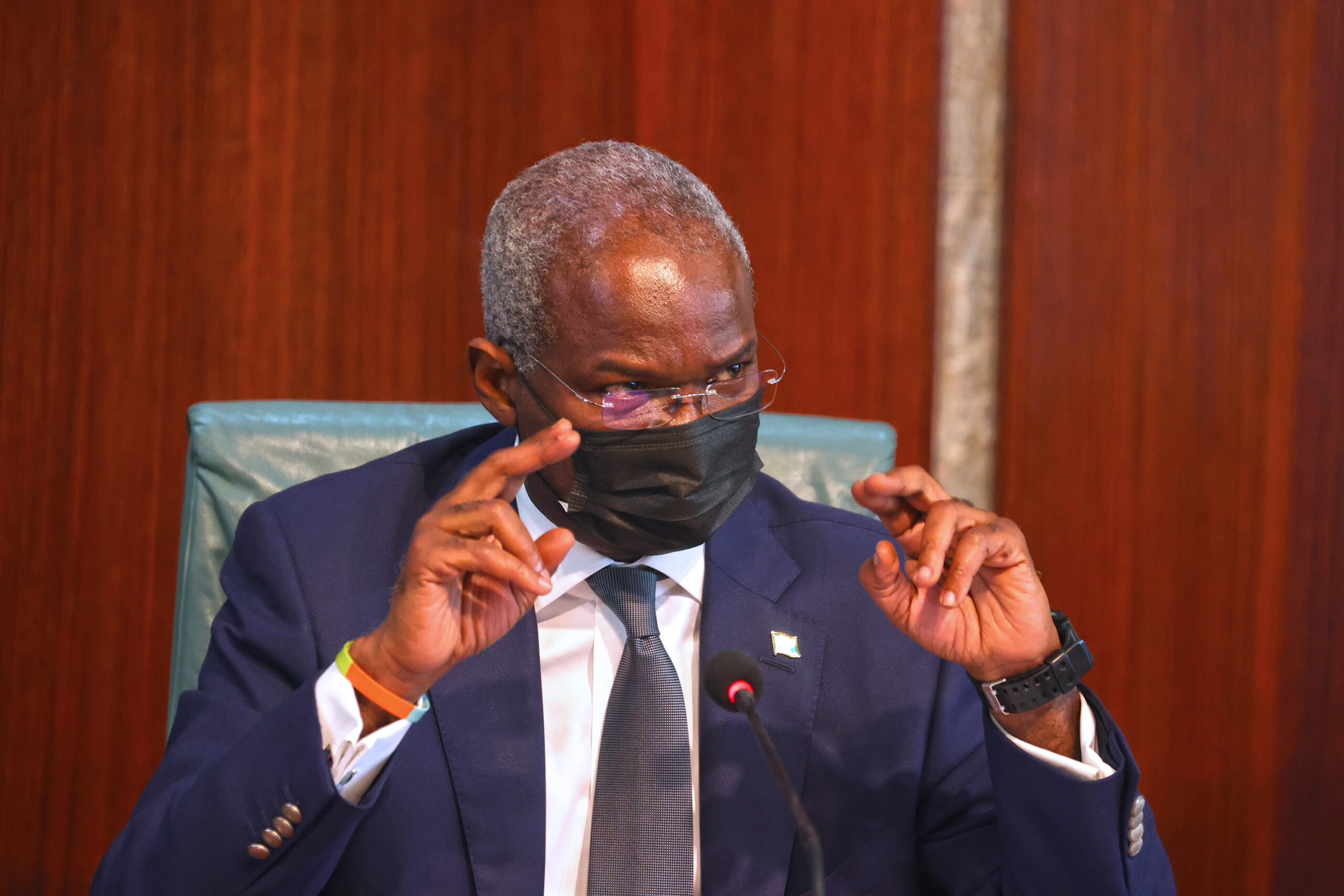Fashola tasks 80-year-old Island Club to reinvent
Former Minister of Works and Housing, Babatunde Fashola, has charged Island Club, one of the oldest multinational clubs in Nigeria, to reposition itself to accommodate more people and give them an alternative forum of expression. The ex-minister stated this during the 80th anniversary of the club in Lagos with an anniversary lecture slated for October […]

Former Minister of Works and Housing, Babatunde Fashola, has charged Island Club, one of the oldest multinational clubs in Nigeria, to reposition itself to accommodate more people and give them an alternative forum of expression.
The ex-minister stated this during the 80th anniversary of the club in Lagos with an anniversary lecture slated for October 29, 2023, with the renowned Kenyan lawyer, activist, and pan-Africanist, Professor Lumumba as the guest speaker.
According to Fashola, there’s an influx of “unacceptable associations” that are damaging to the development of the country. He therefore called on the Island Club to rise to the occasion.
Fashola, a former Lagos governor, said the club which used to be home for interracial and nondiscriminatory recreation during the colonial era answers those questioning the country’s capacity to produce enduring institutions.
PHOTOS: Memories as Tinubu reunites with Fashola, Ambode, Sanwo-Olu
How Social Media Monetisation Fuels Fake News
He said, “For those of us who are members of this club, there’s a lot of history of Nigeria that is embedded in all of these walls. There are many ministers, lawyers, judges, commissioners, and public servants who are members of this club.
“There is a lot to unpack about the Island Club and indeed I dare say, many other recreational clubs which dot the landscape of Lagos and I think given the challenges that we now face, it is perhaps time for the clubs to reposition themselves on one hand and for the citizens also to use the clubs, we now have some kind of unacceptable associations that are damaging to the development of the country.
“It is perhaps because the clubs have not evangelised to take more people and give them an alternative forum of expression.”
The chairman of the club, Prince Rabiu Oluwa, stated that the significance and prestige of the club soared so much after independence that membership became prerequisite evidence for diplomats and foreign dignitaries to their home country.
“Our club attracted the interest of both the colonialists and the colonised. While the primary focus is social, we have since been intervening in national debates aimed at shaping the trajectory of our collective peaceful struggle for political and economic emancipation.
“Our club and members are staunch advocates for unity and peace, we are interracial and stand for fellowship and comradeship,” he said.
